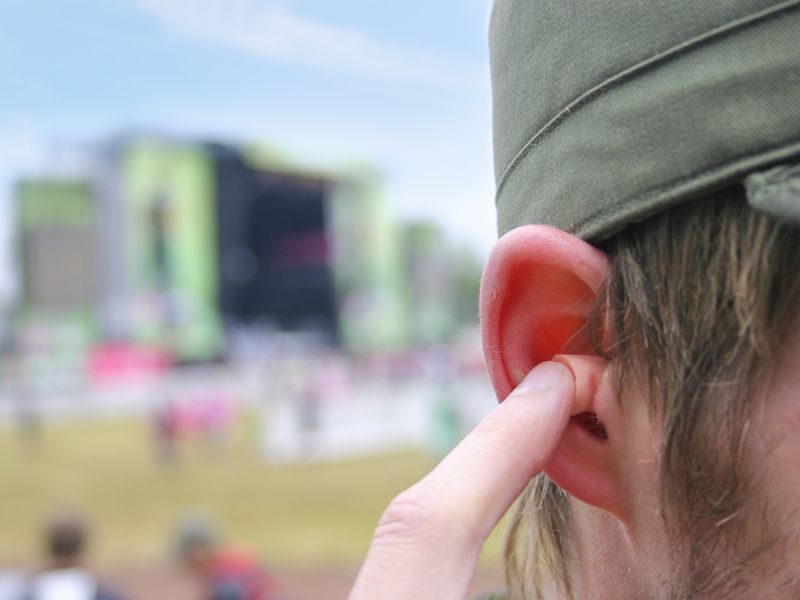
Earplugs can be helpful if you’re exposed to loud noises, such as for example, something as simple as a snoring spouse, or a lawnmower in your backyard, or going to an arena to see a concert. Decreasing the sound level is how earplugs help in the first two instances. They help save your peace of mind and possibly even your relationships, in the last case, by letting you get a good night’s sleep. But is your hearing being damaged by these protectors?
What’s The Point of Wearing Earplugs?
It’s a fairly simple case for wearing earplugs: Properly used, earplugs can minimize your exposure to excessive noise levels and thereby safeguard your hearing. After you leave a loud place, like a football game where the Jumbotron keeps exhorting the crowd to, GET LOUD, when the other team kicks off, you’ve probably noticed that your hearing seems different, and you may also suffer from symptoms of tinnitus. This happens because those super-loud sounds can actually bend the tiny hair cells in your inner ear. In a day or two, when the hairs have recovered, it usually goes back to normal.
But in certain situations, there is a constant attack on those little hairs, this is especially true if you work in a noisy trade such as the music business or around jet planes. In this situation, those hairs don’t recover, they are permanently damaged. You’ve got just about 16,000 of those tiny cells inside each cochlea, but up to 50% of them can be destroyed or at least damaged before you would see the different in a hearing assessment.
How Can Earplugs Lead to Damage?
When it comes to safeguarding your hearing, you’d think it would be obvious to wear earplugs. But primarily if you’re in situations where you’re exposed to loud noises on a regular basis (like on the job or when your significant other snores as previously stated), over-the-head earmuffs or noise-reducing (but not completely blocking) headphones are a smarter choice. Earplugs are better suited to one-off scenarios like a concert or sporting event than for day to day use.
Why? The first problem is, earwax. In order to protect themselves, your ears produce earwax, and if using earplugs is something you do all of the time, they’re going to produce more of it, and the earplugs will jam it in further. Tinnitus and other complications can be the outcome from impacted earwax.
An ear infection can be another concern for people who wear earplugs. If you frequently use the same pair, and you fail to clean them properly between uses, they can become bacteria traps. Ear infections are, at a minimum, an uncomfortable irritation. If neglected, in the worst cases, they can trigger an ear infection.
How Can You Safely Utilize Earplugs?
Whether it’s a good night sleep or protecting your ears, there’s still a formidable positive to wearing earplugs. Using them in the right way and using the right kind is the key to success. Foam earplugs are the least expensive, which is helpful because you really should not use them more than once, the cushy, porous material is a germ’s haven. Don’t put silicone or wax earplugs back in until they are totally dry after utilizing warm water to completely sanitize them. It’s also a good plan to store earplugs in a well ventilated container to discourage moisture, or worse, mold or bacteria, from building up.
You may want to talk to us concerning custom fit earplugs if you need or want them regularly. These are made from unique molds of your ears, they’re reusable and since they’re fitted to your ears, comfortable. But it’s essential not to forget, smart earplug hygiene can lessen hearing impairment.
